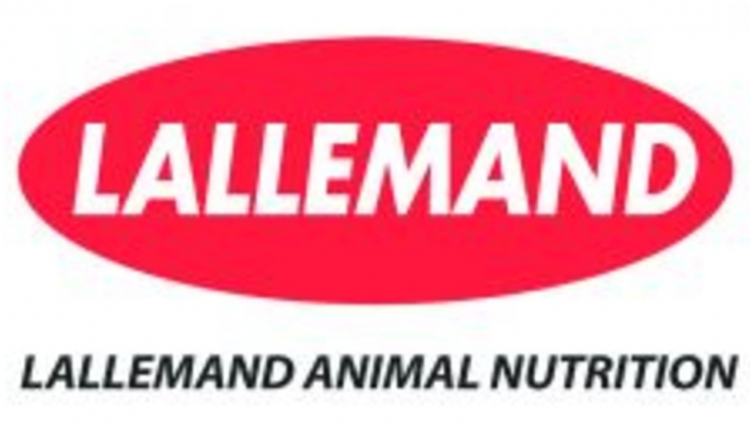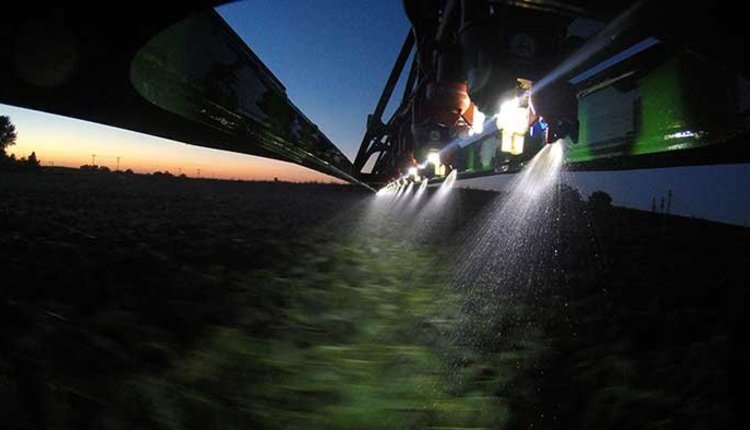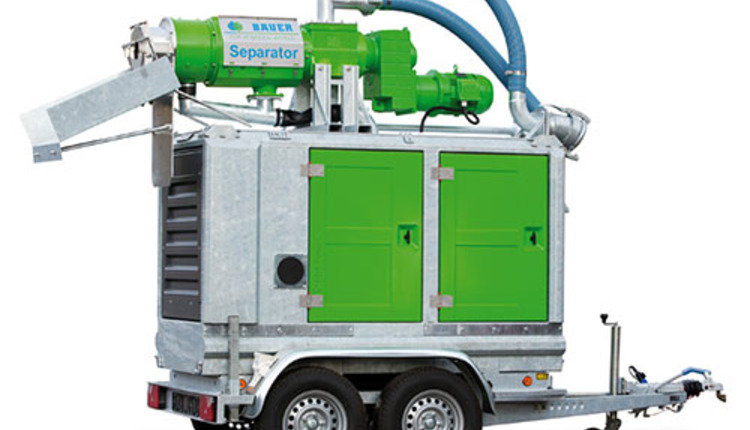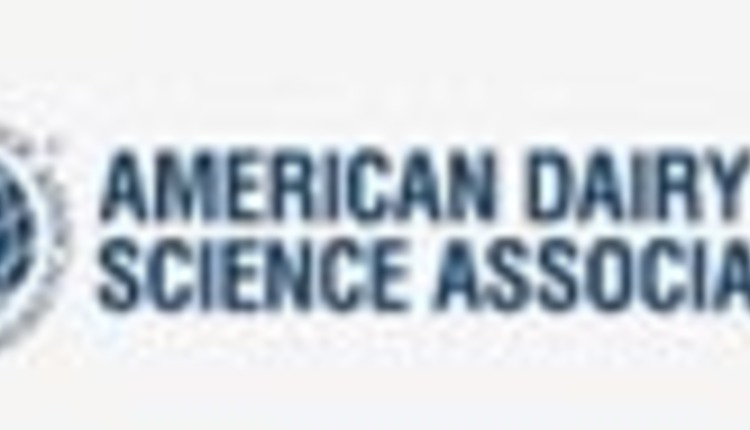Endings are often difficult, and so it is with the University of Wisconsin-Madison's dairy sheep research program that has been housed at the Spooner Agricultural Research Station for the past 23 years. The station's final Spooner Sheep Day event is set for Saturday, Aug. 27. In October, the dairy sheep flock will be dispersed via Equity Cooperative video auction.
State budget reductions led to the decision to end the program. The Spooner station itself is not being closed. A variety of research projects, including agronomic crop field trials on the station's 388 acres of land, will continue with a smaller staff.
For animal science professor Dave Thomas, the end of the dairy sheep program coincides with retirement. He has shepherded the dairy sheep program since the beginning and is pleased with the history of accomplishment.
"We started in 1993, and then we had our first milking in the spring of 1995. There was very little dairy sheep production in the U.S. [at that time]," says Thomas. "We went into it because there is a very large market for sheep milk cheese in the United States. Up to 55 percent of world dairy sheep cheese is imported to the U.S. in any given year."
The UW's dairy sheep research program was the only one of its kind in North America. As such, it gained a worldwide reputation as a source of reliable, science-based information regarding dairy sheep management. Research at the station covered topics as diverse as how to get started in the dairy sheep business to keeping rams cool during hot weather.
"I'm very proud of the program. It's been a very productive program in terms of putting out research results that have aided the entire industry in North America," says Thomas. "Whenever I see a domestic sheep milk cheese in a dairy case, I know the farm that it came from, I know the producers that made it, so that's a real sense of accomplishment."
Even though dairy sheep research is ending at the Spooner station, Thomas remains upbeat about the future of milking sheep in North America and Wisconsin. Wisconsin has dairy infrastructure needed to support such businesses and is already home to a growing dairy goat business community. Dairy sheep as an agricultural endeavor is in its "infancy" here and has plenty of opportunity to grow, he adds.
"I'm hopeful that 20-25 years from now the dairy sheep industry will see the kind of growth that we've seen in the dairy goat business," he says.
Established in 1908, the Spooner station is the college's oldest and northernmost research station focused on general agriculture. Research sheep-studied for wool and meat production-were introduced to the station in 1936, and the first Sheep Field Day was held in 1953. Dairy sheep were introduced in 1993. The college's wool/meat research sheep flock is housed at the UW's Arlington Agricultural Research Station, so after the dairy flock is dispersed this fall there will no longer be any sheep housed at the Spooner station.
The 64th annual Spooner Sheep Day will be held from 9:00 a.m. 3:30 p.m. on Saturday, Aug. 27 at the Spooner Agricultural Research Station, located at W6646 Hwy 70, Spooner, Wisconsin. This year's event features research updates for both dairy sheep and meat sheep producers. It will also feature a look back at the accomplishments and impact of the Spooner sheep program.
Pre-registration is required for the Spooner Sheep Day by Aug. 19. To register, contact Lorraine Toman at (715) 635-3735 or spooner@cals.wisc.edu. Space may be limited. Attendance at the educational sessions is free, but a nominal fee will be charged for the lamb lunch.
8.08.2016








